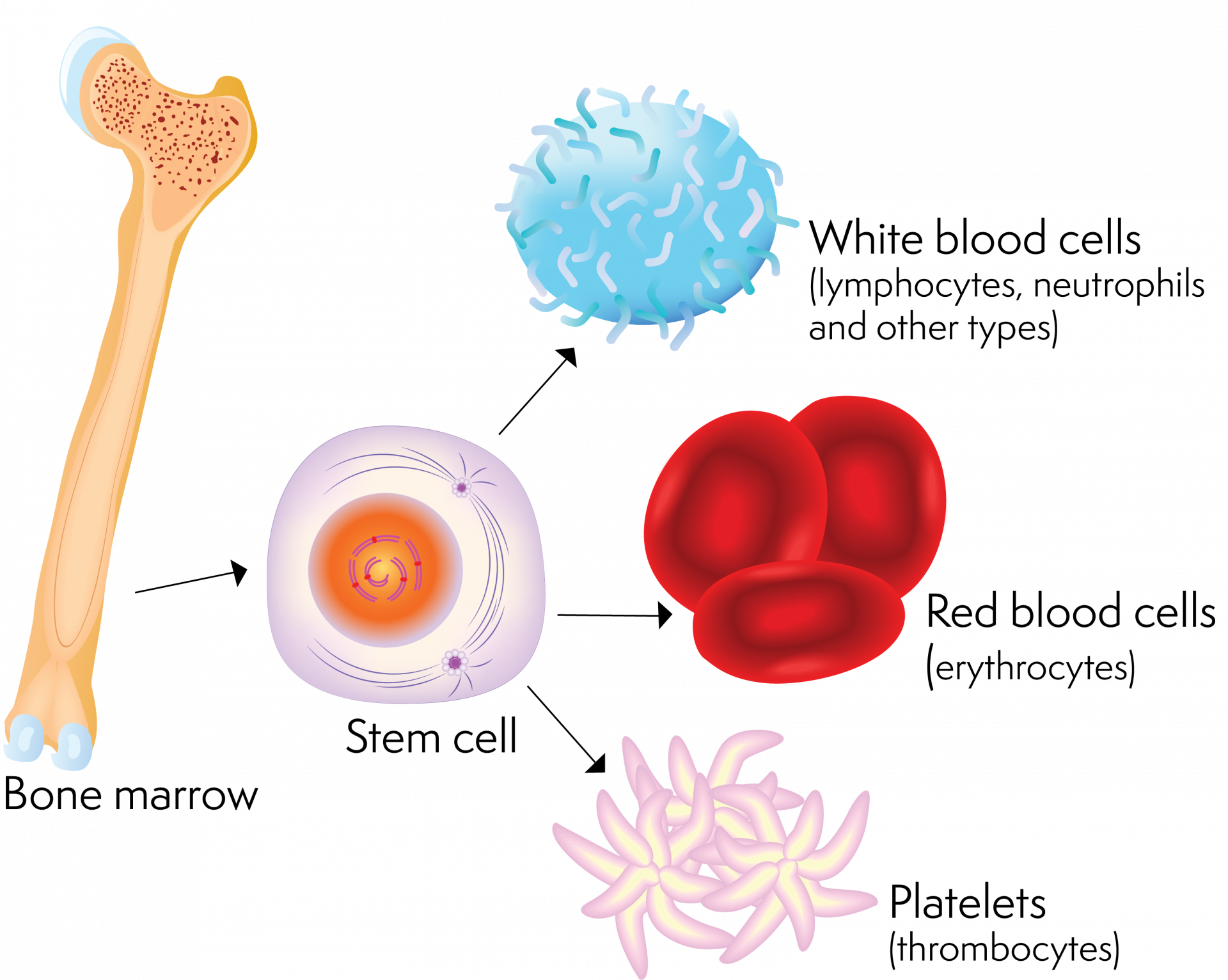Stem cell transplant for lymphoma leading to remission from HIV
Published on: 5 March 2019Second person in remission from HIV after a donor stem cell transplant for blood cancer.

A case study presented at a conference in Seattle today reports on the second person to be in remission from HIV after a donor stem cell transplant for blood cancer.
The man was diagnosed with HIV in 2003. Nine years later, he developed Hodgkin lymphoma, which is about 8 times more common in people with HIV than in people without HIV.
In 2016, he had high-dose chemotherapy and a stem cell transplant to treat his lymphoma. The stem cell transplant used donor stem cells that carried a rare genetic mutation that made them resistant to HIV infection.
After his transplant, the man continued antiretroviral therapy (ART; drugs that keep the HIV virus under control). HIV could not be detected in his bloodstream. After 16 months, he chose to stop ART so his medical team could test if the HIV had been cleared or if it was being kept under control by the treatment. He has been off ART for 18 months now and HIV is still undetectable. His immune cells all carry the mutation that makes them resistant to the virus.
This is the second known case of a person staying in remission from HIV after stopping ART. The first was reported 10 years ago in a man who had a stem cell transplant for leukaemia, also using HIV-resistant donor stem cells. In both these cases, high-dose chemotherapy and stem cell transplant were used to treat the cancer, not the HIV infection.
Stem cell transplants are not routinely used to treat HIV because they are very intensive treatments that are highly toxic. For most people with HIV, with or without lymphoma, ART is very effective at keeping the virus under control. However, this case report may help researchers understand more about HIV and may help lead to a cure in the future.
Visit our detailed webpage for more information on lymphoma and HIV.
5 March 2019
